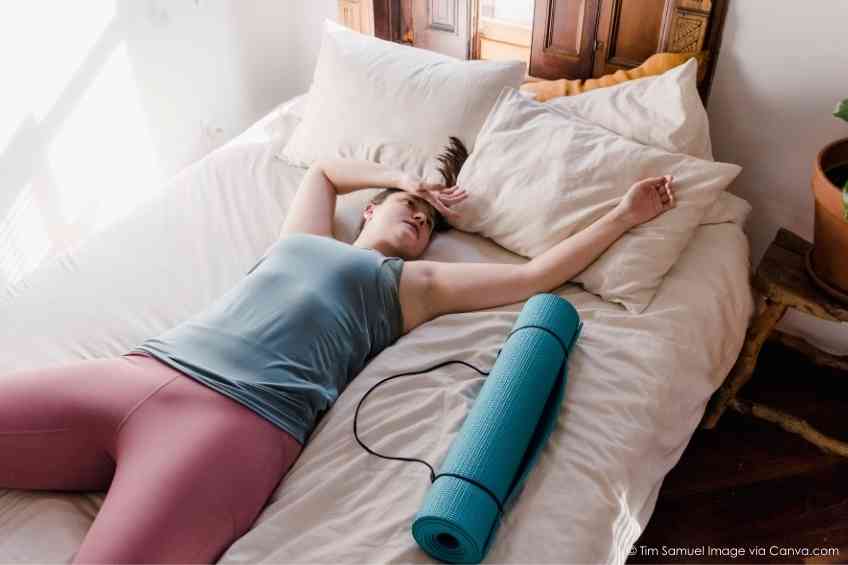By Sean Zucker –
Human health can often be confusing. Imagine trading Friday night beers for an intense workout, something that is clearly far healthier and more responsible, only to find there’s still a hangover to deal with. Unfortunately, this is a real possibility and fairly common. It’s been dubbed a fitness hangover, also known as a workout hangover in some circles.
Admittedly, a fitness hangover is still more desirable than a standard alcohol-inspired version. Experts, however, warn against making it a habit.
The National Federation of Professional Trainers (NFPT) confirms that a workout hangover feels much like an alcohol hangover. Sufferers often experience extreme fatigue accompanied by muscle soreness. The difference is that a hangover won’t leave an individual bedridden or mentally fogged. Instead, its largest drawback tends to be imputing one’s ability to continue training for the better part of a week. This setback not only undermines a person’s fitness goals, it also means preexisting injuries will take longer to heal, the NFPT states.
Fitness hangovers are usually the byproduct of a dangerous or obsessive level of commitment to exercise, which is often associated with poor workout habits. These generally include lifting too much weight or attempting heavy rep lifts too frequently. Marathon runners aren’t immune either, as these ill effects can hit even those in the best cardiovascular shape. Ultimately, overexercising habits like these lead to elevated cortisol levels, which can hinder progress in the gym and result in fatigue and loss of muscle mass, the federation reports.
As strange as it may seem, these hangovers are quite common. In fact, the New York Post reports that over 50 percent of regular exercisers have suffered a workout hangover. Beyond this, nearly 30 percent of active individuals have skipped a workout due to one.
The Post implied that a big chunk of these incidents can be chalked up to a lack of proper prep and recovery, as 60 percent of regular exercisers admitted to not knowing enough about dietary and recovery supplements to make an informed decision about what process or products can help them. Nearly half of that 60 percent has skipped recovery steps altogether, the newspaper reported.
Workout hangovers can be avoided with a few simple steps. First, it’s crucial to start exercising gradually and to only increase intensity slowly, according to The Washington Post.
It’s also important to identify the exercises that lead to hangovers. Usually, they involve eccentric strain and impact on the muscle. Even elite athletes can experience them under these circumstances.
Light movement, such as a cool-down after working out, will help alleviate and limit any lingering pain. Massaging with a foam roller or applying a heating pad following the cool-down is another recommendation as it will reduce soreness as well by improving blood circulation and promoting muscle repair.
Physical considerations are only half of the battle. The Washington Post adds that active individuals should also consume a diet rich in antioxidants and protein to help reduce oxidative stress and promote muscle repair.
These warnings don’t mean people should cut back on exercise the way they reduce alcohol consumption. But similar to drinking, responsible moderation is key.













